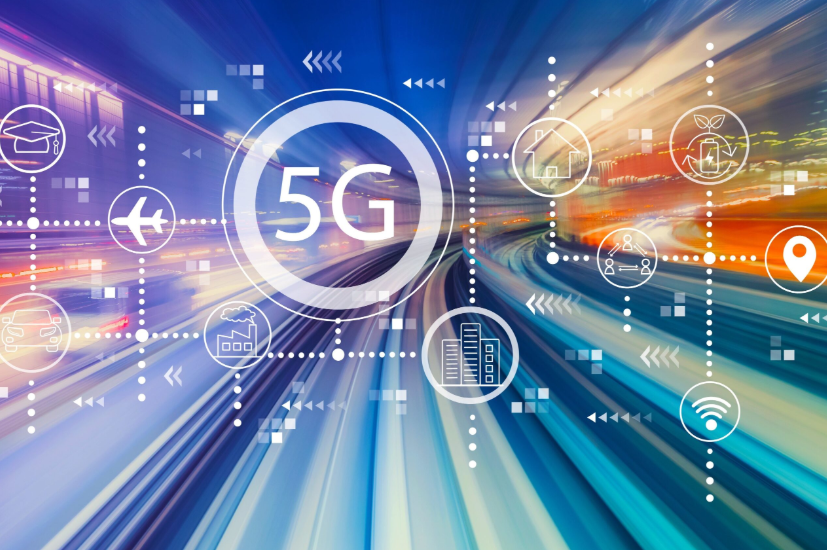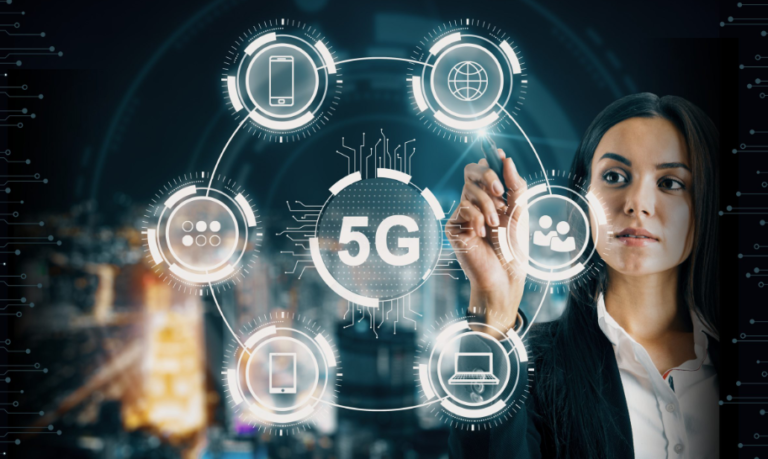How 5G Technology Will Enhance Smart Cities

5G technology is poised to transform urban environments into smarter cities by enhancing connectivity and data processing capabilities. This evolution promises to revolutionize traffic management, bolster public safety, and optimize energy usage. As urban systems become more integrated, the potential for innovation grows. However, the implications of this technological shift extend beyond mere efficiency. Exploring these developments reveals deeper challenges and opportunities that cities must navigate to fully harness the power of 5G.
Revolutionizing Traffic Management
In modern urban landscapes, the integration of 5G technology is significantly transforming traffic management systems. This advancement enables real-time analytics, enhancing the efficiency of traffic flow.
Autonomous vehicles benefit immensely from 5G’s low latency, allowing seamless communication with infrastructure and each other. As these technologies converge, cities can expect reduced congestion, improved safety, and a more liberated transport experience for all citizens.
Enhancing Public Safety Measures
As urban environments increasingly adopt 5G technology, public safety measures are being enhanced in unprecedented ways.
Advanced surveillance systems leverage 5G’s high-speed connectivity, enabling real-time monitoring and quicker identification of potential threats.
Additionally, emergency response teams benefit from improved communication and data sharing, allowing for faster dispatch and more efficient resource allocation, ultimately fostering a safer environment for all residents in smart cities.
See also: Minimalism 101: How a Simple Lifestyle Can Improve Mental Health
Optimizing Energy Efficiency
A significant transformation in energy efficiency is being driven by the integration of 5G technology within smart cities.
This advancement enables the development of smart grids that optimize energy distribution and consumption.
By facilitating seamless integration of renewable energy sources, 5G enhances the ability to manage energy loads dynamically, reducing waste and promoting sustainability.
Ultimately, this contributes to a more liberated and efficient urban environment.
Facilitating Seamless Communication Between Devices
While traditional communication networks often struggle to support the myriad of devices within urban environments, 5G technology emerges as a critical enabler of seamless connectivity in smart cities.
Conclusion
In an age where connectivity is heralded as the solution to urban woes, one might ironically ponder if humanity’s reliance on 5G will truly lead to smarter cities or merely smarter distractions. While the promise of enhanced traffic management and public safety beckons, the challenge lies in ensuring that technology serves the residents, rather than the other way around. Ultimately, the success of smart cities hinges not just on faster data, but on fostering genuine human connections amidst the digital noise.





